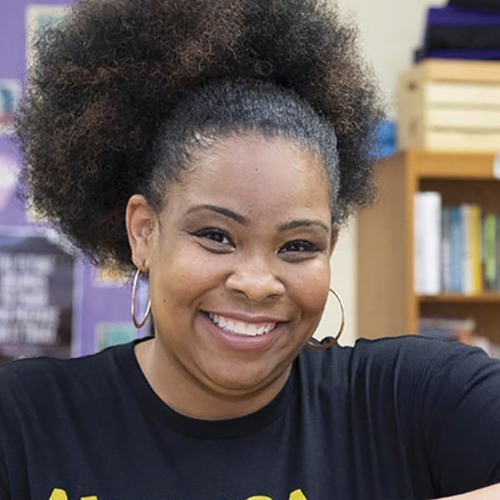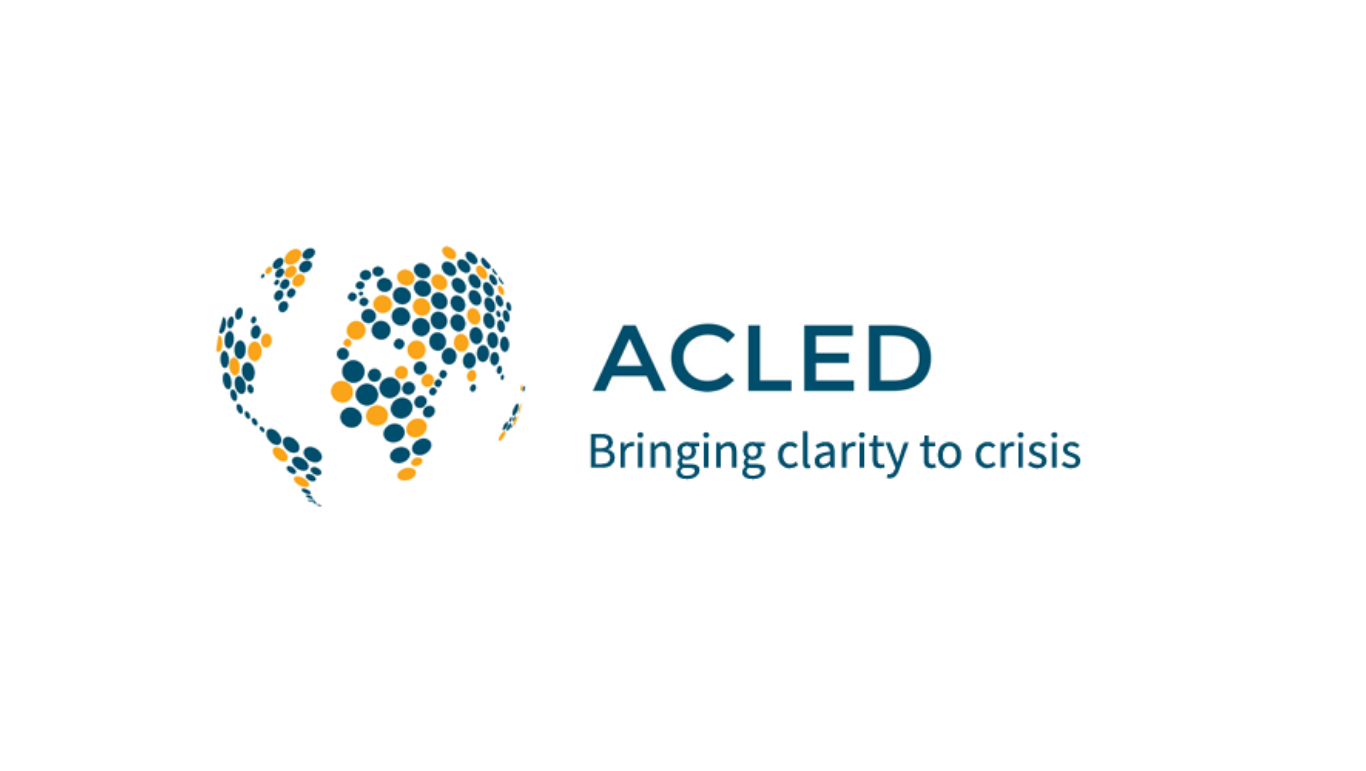Doing What's Necessary
In the midst of a pandemic, we do what's necessary to survive, of course. We take care of our loved ones, we hold them tight, and we keep them safe.
We also do what's necessary to get our work done as educators.
My theme for this week has been finding the essential. "Five Things" focuses on what's essential in our curriculum. (And it's a very open invitation to a conversation. The world wants to hear your voice! What do you find essential?)
The message, however, extends to so much more. Today, I was in a meeting with some teachers and several of us kept expressing amazement at how far we've fallen behind already. How many papers are still unmarked? How many tests ungraded? How many lesson plans unfinished?
I am one of these teachers too.
I'm writing this on a Friday afternoon, the end of a short week. (Thank you, Labor Day!) But I feel like I've been through the ringer. My to-do list doesn't look much smaller than it did when I started the day. But I'm going to head into this weekend and find some rest, find some way to turn off my teacher-brain for a few hours, and just be.
Remind yourself that each day we do what is necessary. Sometimes, it's necessary to burn the midnight oil. Sometimes, it's necessary to take a day off. Sometimes, it's necessary to avoid that stack of papers and stare at a wall for a while.
We'll be back at it on Monday, of course, tending to the soil and helping our students put down those roots.
But today, do what's necessary for you.
This Week on ROOTED
A recent conversation with some colleagues led me to think about what I really want to teach the young people in my charge. When I tried to create a list of the five things that I really found essential, I was surprised by some of them. Check out the article for more...

From Around the Web
This week's collection of links varies from the practical to the whimsical to the downright apocalyptic. Each of these links is worthy of your time and attention, but Astra Taylor's article in The New Republic is especially thought-provoking. Here's a taste:
As educational access has increased across the population, so too has economic inequality. The current system reflects and reinforces deeply entrenched disparities, strengthening the position of the already privileged. While color-blind in theory, in practice American higher education is a costly and convoluted system of affirmative action for affluent white people.
Taylor is less concerned with whether universities will survive the pandemic and more concerned with whether they should.


/media/img/mt/2020/09/image0_1/original.png)


Favorite Tweet This Week
It's so great to see that #TeachLivingPoets chat is back. Plus, look at all the other cool things that Melissa Smith is up to!
#TeachLivingPoets chat is back this Sunday! https://t.co/01Z5iJXLz1 pic.twitter.com/Nu6g3PAp3L
— Melissa Smith #TeachLivingPoets (@MelAlterSmith) September 9, 2020





Comments